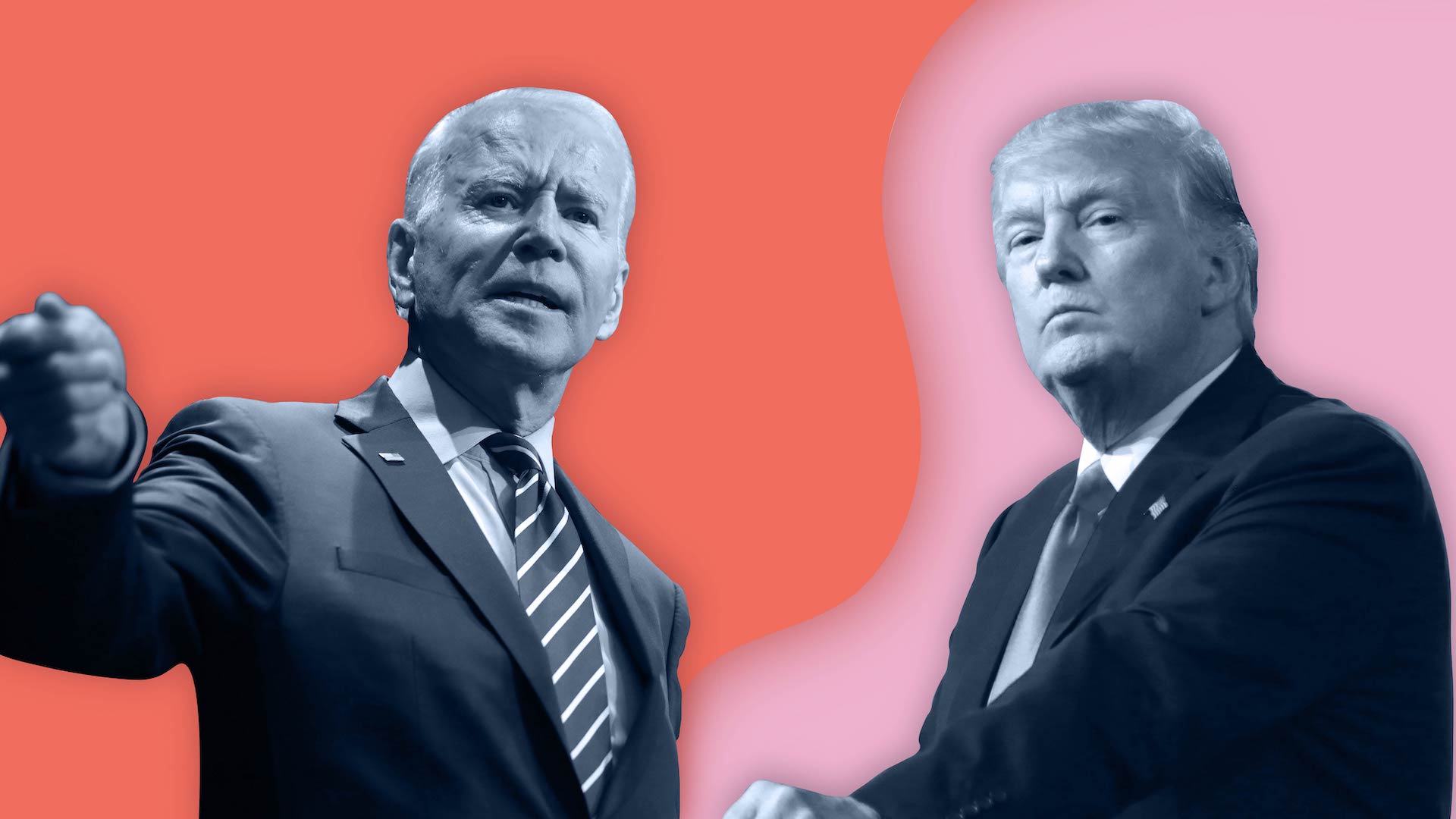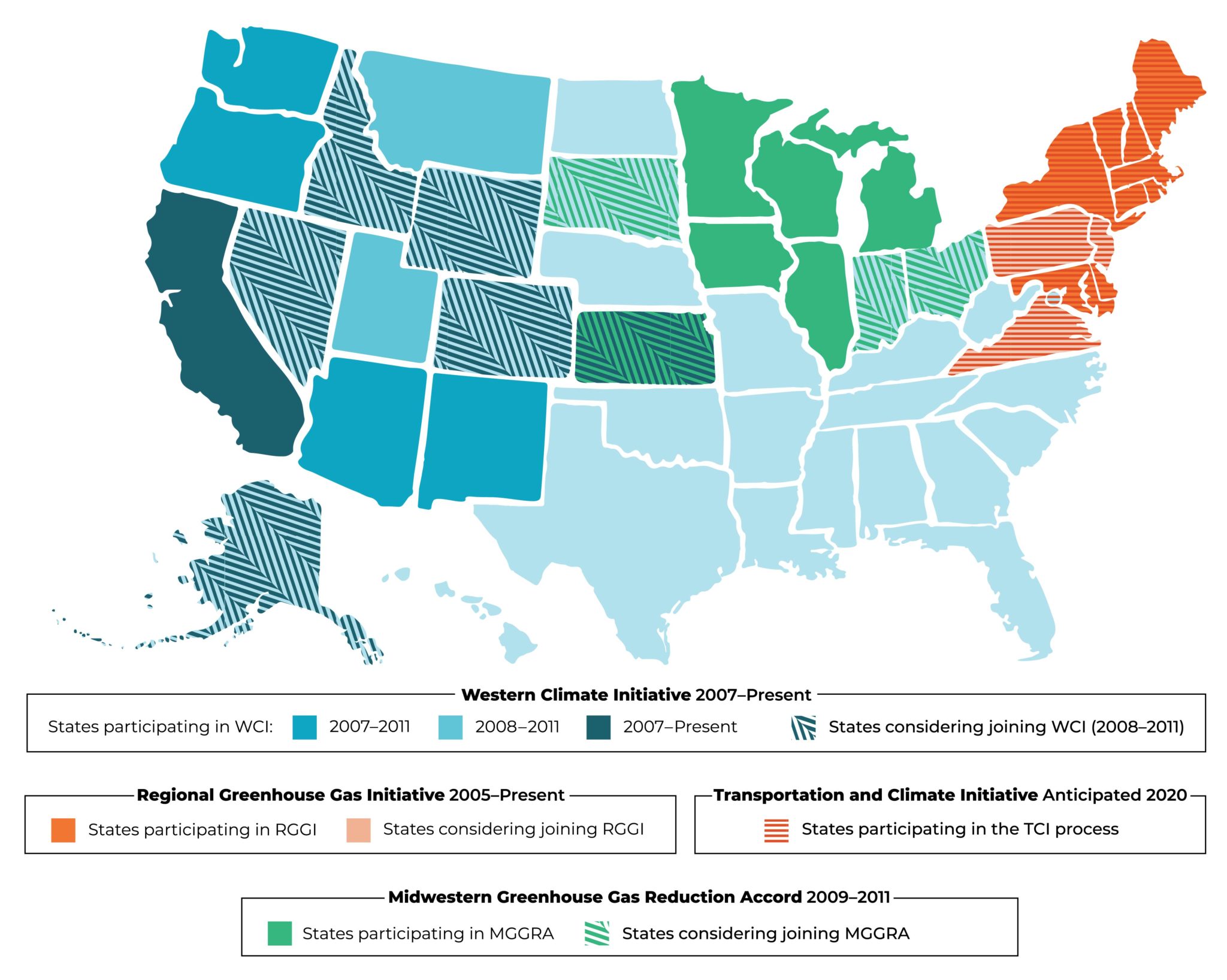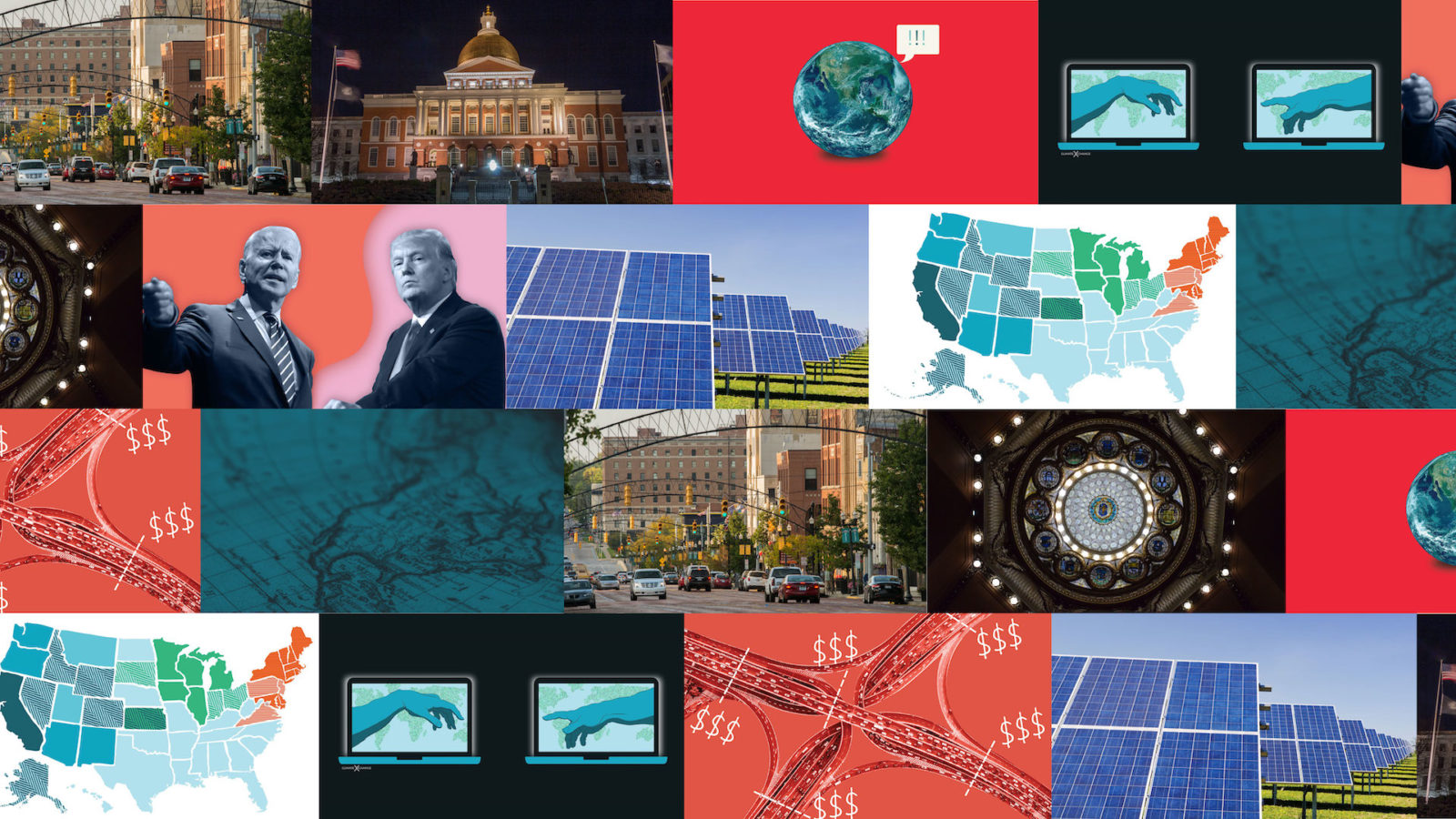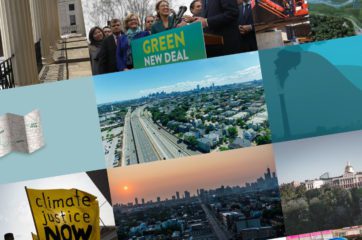This year has been defined by isolation, uncertainty, and unprecedented change with a global pandemic impacting all of our lives. As the climate crisis continues to rapidly worsen, we’ve watched the youth movement rally around climate, environmental justice initiatives become more mainstream, and climate leaders across the country advocate for renewed trust in science. There have been various state and local initiatives to combat climate change even in the midst of last-ditch efforts to stifle climate action at the federal level.
With a new year and a new administration comes new opportunities to work towards building a just, equitable, and livable future for this planet. At Climate XChange, we are entering 2021 reinvigorated and excited to continue working towards passing policy to reduce emissions in the crucial fight against the climate crisis. For now, we are reflecting on 2020 and taking a look at what mattered most to our audience:

Image: Amanda Griffiths, Climate XChange. Biden photo by Joe Biden on Wikimedia Commons. Trump photo by Gage Skidmore on Flickr.
1. Biden vs. Trump: Where the 2020 Candidates Stand on Climate Issues
In May, we analyzed the 2020 US Presidential candidates and gave a rundown of their climate plans and policies, along with their political record on various climate issues. In terms of record, we gave an overview on Trump and Biden’s history of prioritizing climate action, utilization of climate science, promotion of renewable energy, moves for or against fossil fuel use, opinions on carbon pricing, and attitudes towards global climate cooperation. We then delved into each candidate’s 2020 climate platform, examining their ideas for climate action, renewable energy, fossil fuels, and carbon pricing, as well as their incorporation of environmental justice and international cooperation. The Climate XChange team hopes this comparative article provided our audience with an informative breakdown of each candidate and their climate platforms, a reliable fact source amidst a year of confusing and contradictory environmental politics.

2. Six Years Later, Flint Still Doesn’t Have Clean Water: One of the Worst Environmental Injustices in the 21st Century
The Flint Water Crisis, which has affected vulnerable Michigan communities since 2014, is a “public health catastrophe with horrific origins in discriminatory public policies and environmental injustice.” Our June article by Fellow Alyssa Pascoe gave a history of racial injustices in Michigan and how a move to cut costs in Flint led to ~140,000 residents being exposed to toxic levels of lead in their water supply. The article further highlighted racial systemic inequities that led to the slow and inadequate efforts to remedy the Flint water disaster, bringing to light the environmental racism that comes into play in crises like Flint’s. Looking ahead, we hope that Governor Gretchen Whitmer’s recent establishment of Michigan’s first Environmental Justice Advisory Council will help the state push progressive policies to tackle issues including the Flint Water Crisis in 2021.
Read more on environmental justice

Image: Amanda Griffiths, Climate XChange
3. Mass. Senate’s Climate Bills: Overview, Summary, & Context
In the beginning of 2020, we published an overview of the Massachusetts State Senate’s comprehensive climate package, including the main provisions of each bill and political context around Beacon Hill climate policy. The bills set a net-zero emissions goal for 2050, put a price on carbon pollution, call for public utility oversight reform, create appliance efficiency standards, and promote electrification of local vehicles and MBTA buses. In the new year, Climate XChange hopes to continue maintaining state climate policy updates and providing our audience with comprehensive bill breakdowns where we see climate action.
Read the latest
December 9th Roundup: 2020 Climate Bill Coming Soon?
October 9th Roundup: Politics Loom Over Delayed Climate Bill

Image: Amanda Griffiths, Climate XChange. Photo of Earth by NASA via Wikipedia
4. Communicating the Climate Crisis (Report)
Maria Virginia Olano, our Communications Director, compiled a comprehensive report on climate crisis communications, providing our audience with an insightful breakdown of challenges for communicating about climate change and useful lessons to employ moving forward. Maria delves into the nuances of climate change communication beyond educating and informing, highlighting how different experiences, mental and cultural models, values and worldviews can shape the way we talk about and understand the climate crisis. We also link out to other Climate XChange articles, Cooler Earth episodes, and various external resources to give our audience broad, inclusive access to information about climate messaging.

Image: Amanda Griffiths, Climate XChange. Photo of highway by Denys Nevozhai on Unsplash
5. Investigating the Impact of Congestion Pricing Around the World
“Transportation contributes 30% of global CO2 emissions and the majority of that is from road transport. Congestion pricing policies lead to fewer cars on the road and, consequently, less emissions.”
Congestion pricing with a dynamic charge that rises and falls due to transit demand can simultaneously subsidize public transportation and incentivize its use as a better alternative to driving. Last year, we broke down the concept of congestion pricing, looked to various cities for an anecdotal global history of congestion pricing implementation, and listed best practice recommendations for future programs.

Image: Unsplash
6. State Climate Policy Network Webinar Archive
Each month, Climate XChange explores in depth a climate policy topic with leading climate experts and members of our State Climate Policy Network. Our SCPN Webinar Archive includes recordings and recaps of each monthly webinar, including more recent conversations about Biden’s impact on state climate policy, green infrastructure, economic climate risks, environmental voters, and more. Check out this page to take a look at our past events and get excited for webinars to come in 2021!

Image: Zbynek Burival on Unsplash
7. 11 SMART questions answered: the facts on Massachusetts’ new solar program
In 2018, we answered common questions about Massachusetts’ complicated new solar program, SMART (Solar Massachusetts Renewable Target), hoping to help readers understand what the program is and how it will impact solar development in Massachusetts. Two years later, our audience continues to look to Tim Cronin, our Policy & Partnerships Manager, for information about the state’s solar program, including its benefits, drawbacks, and implications for solar owners and developers.

Image: Amanda Griffiths, Climate XChange
8. Bridging the Virtual Gap – Connecting Climate Optimists in Times of Crisis
When the global coronavirus pandemic first began to impact the world, Climate XChange hosted a series of webinars aiming to “Bridge the Virtual Gap” and virtually connect people committed to creating a livable and equitable future for life on this planet. We discussed the climate crisis as it relates to public utilities and clean energy transitions, ice melt, solar power, the oil industry, coral reefs, environmental justice, and more. The series has since we concluded, but we continue our monthly Deep Dive Webinars and look forward to hosting more COVID-safe conversations with climate experts and advocates in 2021.

Image: Amanda Griffiths, Climate XChange
9. Cap-and-Trade ambition renewed in 2019 after a decade of decline
At the end of 2019, our Policy Fellow Ruby Wincele looked back a decade at the country’s history of climate policy before the Great Recession, the Waxman-Markey failure of 2009, and subsequent state elections. Over half of US states were developing regional initiatives for market-based greenhouse gas emissions reduction programs, including the Regional Greenhouse Gas Initiative, the Western Climate Initiative, the Midwestern Greenhouse Gas Reduction Accord, and the Transportation and Climate Initiative. Ruby highlights 2019 as a year of renewed ambition for state and regional climate policy leadership after a decade of decline. Since then, we have maintained hope for effective state climate policies and look to 2021 as the year for federal action as well.

Image: Bill Damon on Flickr
10. Massachusetts Senate passes economy-wide carbon pricing, net zero emissions target
Early this year, the Massachusetts State Senate passed legislation that created economy-wide carbon pricing for the state and set a net-zero emissions requirement by 2050. Climate XChange’s Tim Cronin summarized the climate package itself and addressed the political landscape of climate policy in the Senate, highlighting the increased pressure for climate action in Massachusetts.










